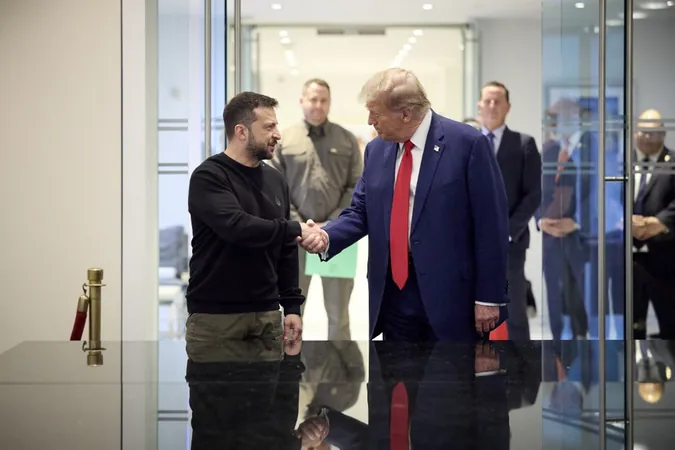
Trump’s Ambitious Ukraine Peace Plan: Will Russia Be Paying for Ukraine’s Recovery?
2024-11-30
Author: Emily
Overview of the Proposed Peace Plan
In an unexpected move, Donald Trump’s newly appointed special representative for Ukraine, Keith Kellogg, has unveiled a controversial peace plan aimed at ending the ongoing war between Ukraine and Russia. Central to the proposal is a bold idea: sharing a portion of Russian energy revenue with Ukraine to help fund its post-war recovery, according to reports by CNN. While the exact percentage of this allocation remains undisclosed, the implications could be significant for both nations.
Phased Approach to Peace
Kellogg introduced the framework for this multi-stage resolution back in April through the America First Policy Institute. His plan comprises several phases, starting with a fundamental cease-fire and the freezing of front lines. In this initial stage, a demilitarized zone would be established, setting the groundwork for negotiations. Interestingly, the proposal includes a possibility for Russia to receive limited sanctions relief, although full lifting of sanctions would hinge on reaching a peace agreement that meets Ukraine's approval.
Territorial Integrity and Diplomatic Reclamation
Crucially, Kellogg's proposal does not require Ukraine to relinquish control of any occupied territories but insists that the country must commit to reclaiming them through diplomatic channels. This approach could offer Kyiv a pragmatic way to navigate the challenging landscape of negotiations without conceding grounds to the aggressor.
NATO Aspirations and Security Assurances
Another contentious point raised in the plan is Kellogg’s suggestion that Ukraine could indefinitely give up its aspirations to join NATO in exchange for a structured peace deal and security assurances. This raises eyebrows regarding the future of Ukraine's defense strategy and its alliances in the face of Russian aggression.
Political Considerations in Russia
Kellogg stresses that significant diplomatic breakthroughs are unlikely unless Russian President Vladimir Putin vacates office. This statement leads to the question of how internal Russian politics might affect the proposed peace processes.
Strengthening Ukraine's Position in Negotiations
Additionally, Kellogg underscores the importance of the United States ensuring that Ukraine approaches negotiations "from a position of strength". He warns that any non-compliance by Russia with the agreed terms would come with serious repercussions.
Conclusion: Hope or Wishlist?
While these details present an ambitious roadmap to potentially ending the war, the plan has yet to receive official confirmation or further elaboration from Trump’s inner circle or U.S. governmental officials. As the conflict continues to linger, will this proposed plan bring hope for a diplomatic solution, or is it merely a wishlist lacking the necessary actionable steps? Time will tell.
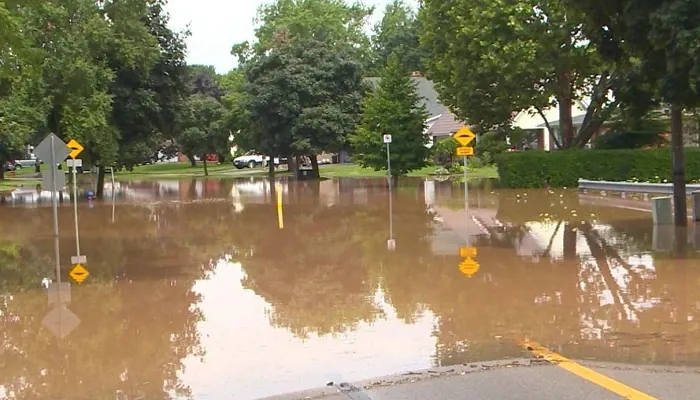
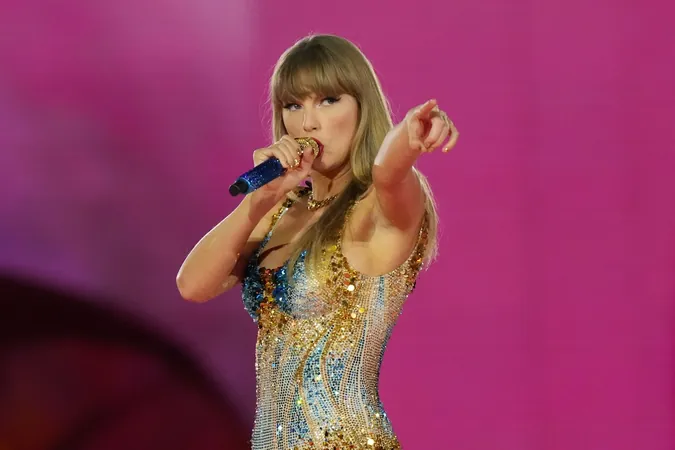


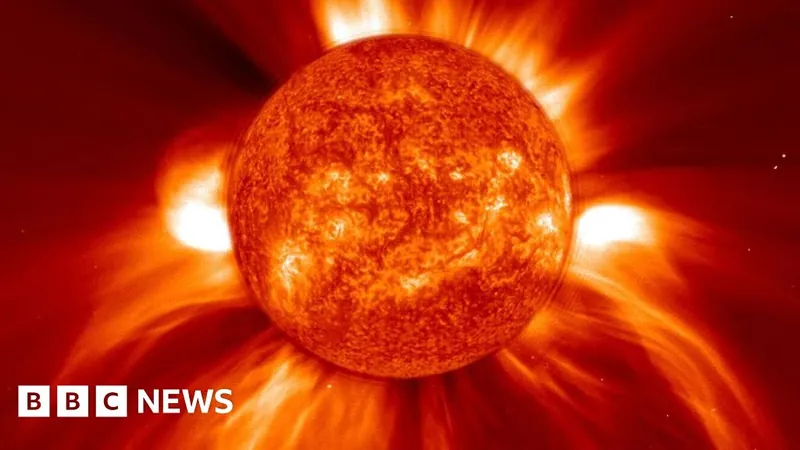
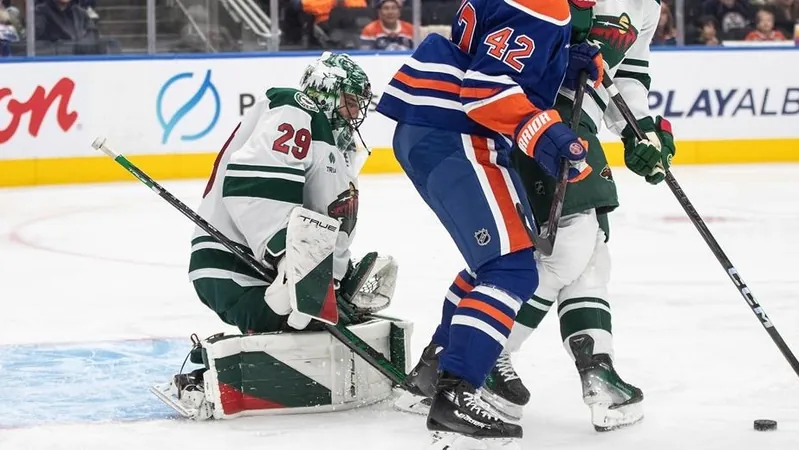

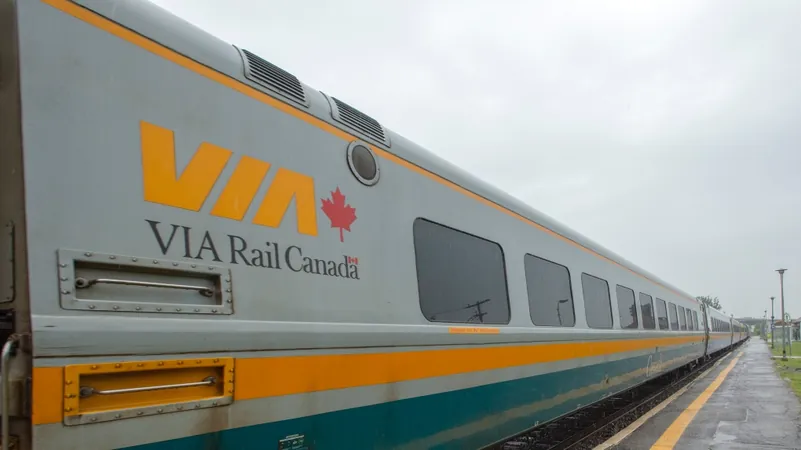

 Brasil (PT)
Brasil (PT)
 Canada (EN)
Canada (EN)
 Chile (ES)
Chile (ES)
 España (ES)
España (ES)
 France (FR)
France (FR)
 Hong Kong (EN)
Hong Kong (EN)
 Italia (IT)
Italia (IT)
 日本 (JA)
日本 (JA)
 Magyarország (HU)
Magyarország (HU)
 Norge (NO)
Norge (NO)
 Polska (PL)
Polska (PL)
 Schweiz (DE)
Schweiz (DE)
 Singapore (EN)
Singapore (EN)
 Sverige (SV)
Sverige (SV)
 Suomi (FI)
Suomi (FI)
 Türkiye (TR)
Türkiye (TR)